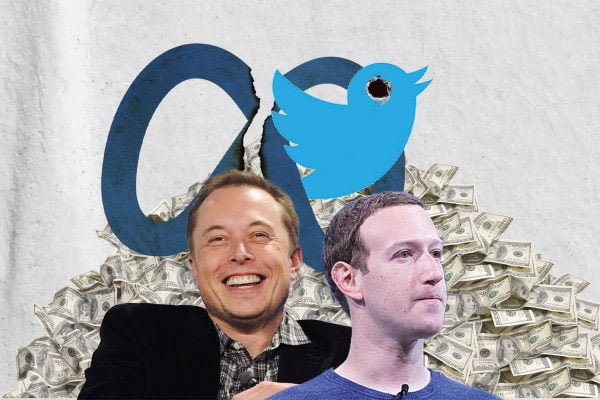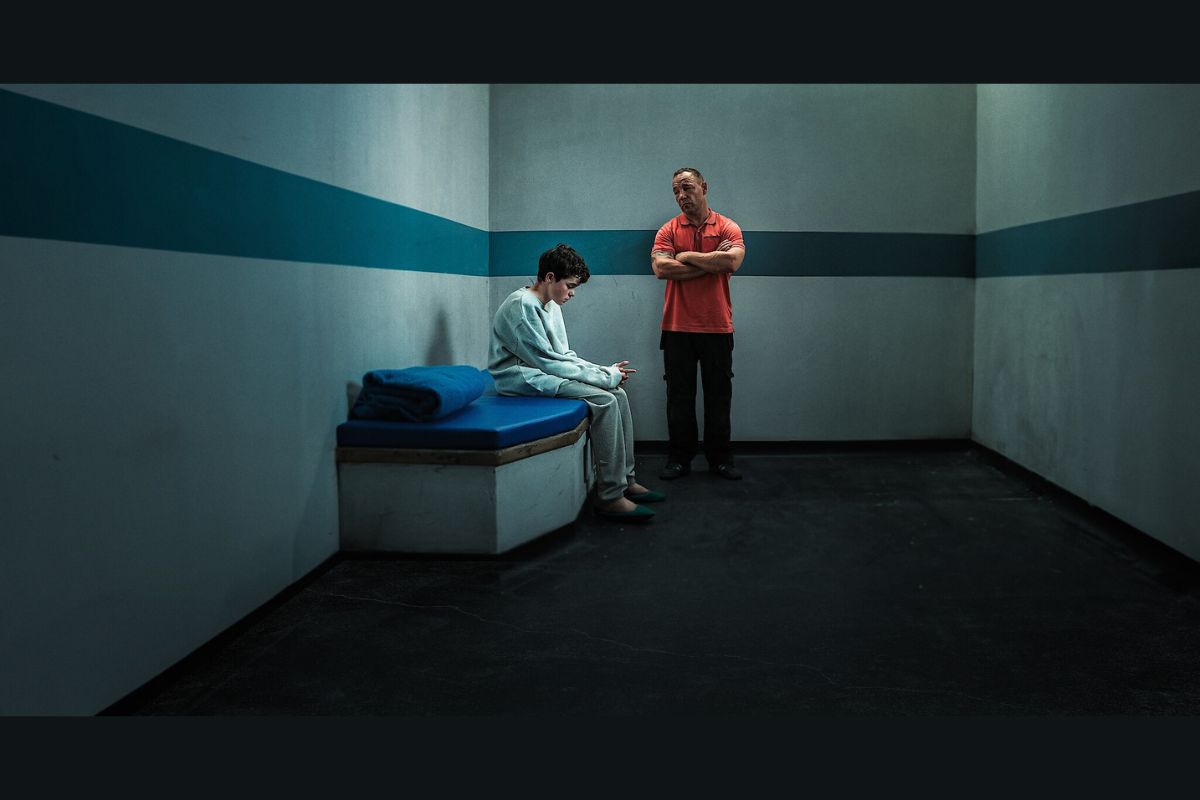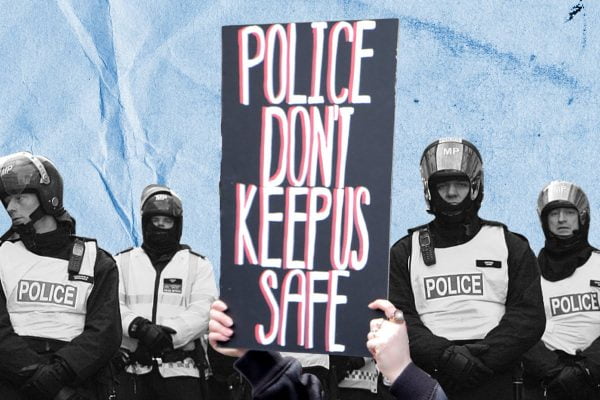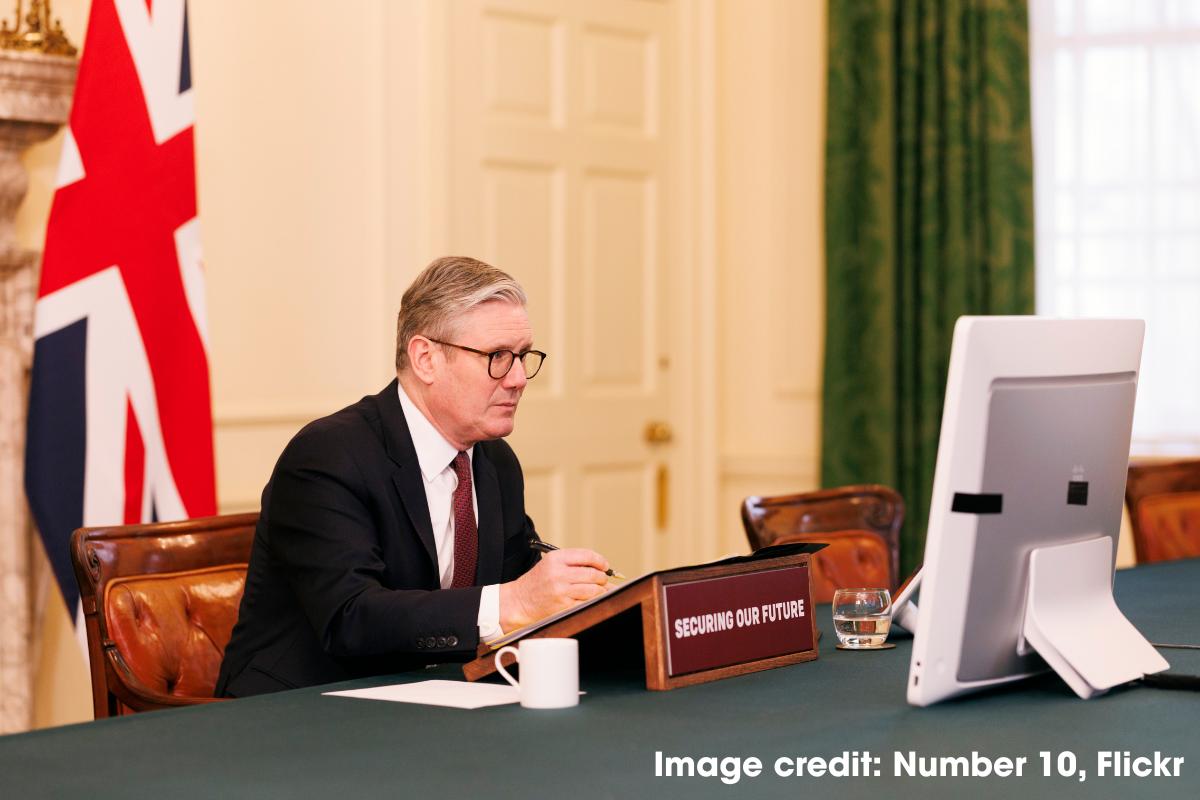Since 25 July, all websites operating in the UK must verify their users’ age if they host content deemed potentially ‘inappropriate’ or ‘harmful’ for children. This marks the first real implementation of the 2023 Online Safety Act (OSA).
These verifications are not just ticking a box to indicate you are over a certain age. They are far more rigorous. Users must now submit photo ID, permit debit card checks, undergo AI facial age estimation, and set up digital ID wallets.
Platforms will also need to change any algorithms affecting what is shown in children’s feeds, in order to filter out any harmful content.

Any company found failing to comply faces fines from Ofcom of up to £18 million or 10 percent of their global revenue. In some cases, they could face criminal charges, or their website could even be entirely blocked in the UK.
The Act has already seen a strong backlash due to the degree of surveillance and censorship it places on internet users in the UK, which amounts to over 94 percent of the population.
A petition to Parliament calling for the Act to be repealed gathered nearly 500,000 signatures in a few days. VPN apps saw an increase in downloads of up to 1,800 percent.
But Labour has not backed down an inch, defending the OSA – which was introduced under the Tories – to the hilt.
Peter Kyle, Secretary for Science, Innovation and Technology, even apologised that the law took so long to come into effect, calling this “the biggest step forward for a young person’s experience online since the internet was created”.
Fear and anxiety
A quarter of young people now spend more than four hours a day on sites and apps like Instagram, Snapchat, YouTube, and TikTok – all of which are owned and controlled by giant tech monopolies.
The same study found that around 70 percent of those surveyed felt worse about themselves after spending time on social media. And despite its usefulness, almost half would prefer “a world without the internet”.
Meta’s own research has found that children on its platforms are exposed daily to unwanted sexual advances, unprompted ‘snuff’ videos that depict real people being killed, and more. Especially since Elon Musk bought X, it has been overflowing with pornography, as well as violent and racist posts.
The fears about the impact these things are having on young people are nothing new, and are not isolated to Britain.
Last month, the Australian government announced that they were banning social media for under-16s from December. A new documentary, Can’t Look Away, covers an ongoing legal battle in the US for social media sites to be made responsible for crimes that take place on them, such as the sale of drugs to and ‘sextortion’ of children.
In Britain, a recent poll found that three in four parents are worried about what their children are seeing or doing online.
Anxieties have been ramping up following several tragic, high-profile cases, such as that of fourteen-year-old Molly Russell. Molly ended her life in 2017 after viewing thousands of algorithmically-pushed self-harm and suicide images on Instagram and Pintrest.

The runaway success of the recent Netflix drama Adolescence is another reflection of this fear.
Following the story of a young boy accused of murdering his female classmate, it soon became the one of the most watched shows on Netflix this year. Keir Starmer even waded in on the resulting public debate, advising that it should be screened for free in schools.
Skilful cinematography aside, Adolescence’s popularity comes down to its truthful reflection of society. It tapped directly into fears about the consequences of young boys being drawn into the online ‘manosphere’, and fed a diet of misogynistic videos by figures like Andrew Tate that encourage violence against women.
In theory, the OSA requirement to alter the algorithms determining young people’s social media feeds should combat this kind of thing happening. Yet the removal or age-screening of what is ‘inappropriate’ or ‘harmful’ is not a cut-and-dry question.
Free speech
Keen to stay on the right side of the law and avoid heavy fines, it is expected that many websites will apply automated, blanket bans on any risky topics – and not just for under-18s, but for all those online.

In an open letter to Ofcom, groups including the Open Rights Group and Censorship Index highlight that this concern comes in particular after Ofcom’s advice that “platforms can avoid worrying about Online Safety Act duties, if they ensure they are more censorious than the Act requires”.
Already, people on big social media sites have seen footage of Gaza, Ukraine, and parliamentary debates on grooming gangs hidden on the basis of ‘local laws’ – despite sites like X currently not even having any age verification process in place for users to indicate they are over eighteen.
Reddit users have had to verify their age to access the Reddit sub r/israelexposed, while forums that help people recovering from alcoholism or sexual abuse have also been hit.
Various concerns have also been raised by smaller websites, especially hobbyist forums, that they might have to close up shop, as employing third-party verifiers can cost thousands of pounds a year.
On top of this, there are concerns about data leaks from these verifiers, who will be provided with endless streams of very sensitive information. Already, five million age verifications are taking place every day.
Wikimedia, which runs Wikipedia, has suggested they may have to withdraw from the UK as a result to protect its editors.
The idea of the government handling this data has been dismissed out of hand as completely untenable, of course, given its history of leaks. Most recently, for example, the British state accidentally released the data of Afghan nationals who helped UK forces against the Taliban in Afghanistan.
The real threat
Nigel Farage – shamefully one of the loudest voices against the OSA so far – has promised that should Reform come to power in the next general election, the Act would be repealed.
In response, Peter Kyle accused Farage, and all others demanding changes, of being “on the side of predators”. And, in an interview, he stated that the Act is justified as Jimmy Savile would have used the internet to abuse children if it had been around at the time.
If you want to overturn the Online Safety Act you are on the side of predators. It is as simple as that. https://t.co/oVArgFvpcW
— Peter Kyle (@peterkyle) July 29, 2025
But Jimmy Savile didn’t need the internet to commit the heinous crimes he did. He had something much stronger: decades of protection from the British establishment, which remains to this day riddled with predators and perverts.
The British state sits on centuries of alleged child abuse cover ups: from ‘everyone knowing’ about the actions of Huw Edwards; to the blind-eye that was turned to Prince Andrew’s alleged involvement with underage girls – even by the Met Police, who chose not to investigate.

No wonder, considering the force was found to be “institutionally racist, sexist, and homophobic”. Numerous serving officers have kidnapped, murdered, raped, degraded, and harassed members of the public – mostly women and children.
The House of Commons itself is not separate from this rot, being overrun with its own sexual harassment cases. MPs have been caught watching pornography on the job in the very halls where this law was passed. At least now they will have to verify they are over eighteen to do so!
And it is in Parliament that these same MPs, claiming to be so concerned for the welfare of children, make cut after cut to funding for mental health services, sexual health services, youth groups, and education.
Under Starmer’s government, a third of children live in poverty, with more slipping into destitution each day following Labour’s upholding of the child benefit cap.
One in four young people have a mental illness, and can expect to be sat on waiting lists for years before receiving treatment. All the while, this same generation is being told to ‘get back to work’, in a job market that has been shrinking for three years straight. And their future is burning up before their eyes amidst the climate crisis.
The capitalist system breeds all of the ‘harmful’ content young people see day in and day out on social media – from racism and sexism, to war and genocide. And all these horrors make social media billionaires like Musk a fair few quid to boot!
These are the real threats to the safety and wellbeing of young people today.
Workers and youth must have no trust in Starmer’s big business government. No tool that is put together by the British establishment and its representatives will be able to protect young people from the dangers and problems they face.

To truly detoxify the internet, and create a world that is safe for young people, we need to put all the Big Tech firms under public ownership and democratic control, as part of a thoroughgoing revolution against the billionaires and their rotten system.
We call on young people to join us in this struggle for a communist future!






